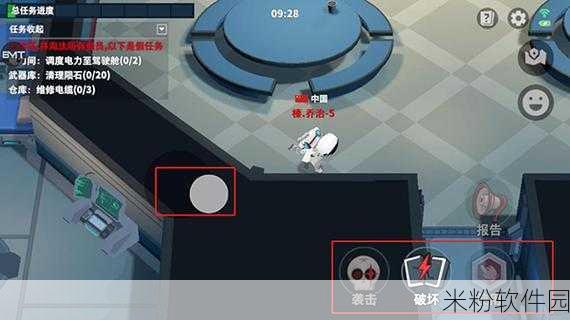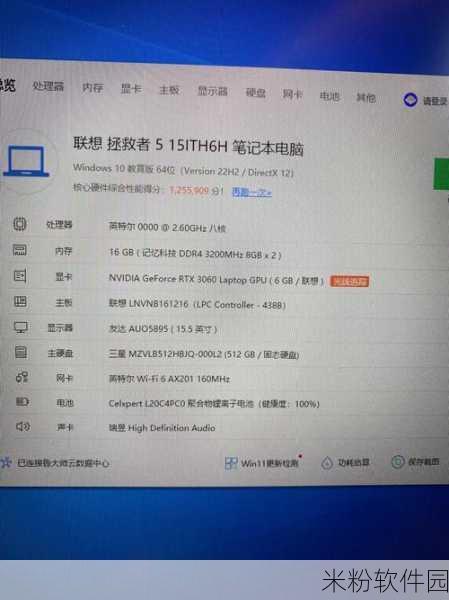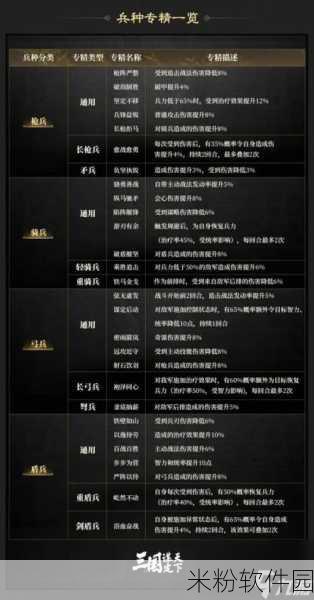夜间禁用软件的用户需求分析
现代社会中,手机应用程序已经成为人们生活的重要组成部分。然而,过多的软件使用可能导致睡眠质量下降,因此开发了一些能够在特定时间内禁用或限制使用的软件。这类工具不仅关注用户的心理健康,也旨在改善日常生活中的效率与专注度。了解这些产品背后的用户需求,有助于更好地满足市场上的潜在消费者。
提高工作和学习效率
很多用户面临着因分心而影响工作的困扰。社交媒体、游戏以及其他娱乐应用经常占据大量时间,造成生产力下降。因此,一款能自动屏蔽这类软件的应用正是他们所需要的。这种控制方法可以帮助个人集中精力完成任务,不再因为通知声或弹窗干扰而感到焦虑。此外,通过制定合理的作息计划,还可让人形成良好的习惯,从根本上提升工作效率。
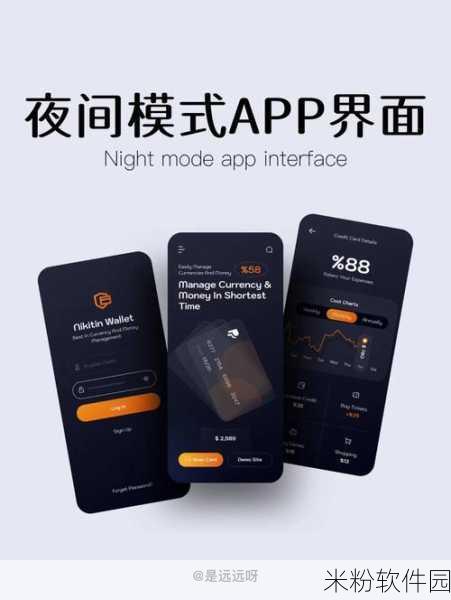
促进身心健康
研究表明,长时间盯着手机屏幕会对身体产生一系列负面影响,包括视疲劳、颈椎病等。而晚上过度使用电子设备则直接关系到人的睡眠质量。为了保护眼睛和保持充足睡眠,人们越来越倾向于寻找一些智能化方案来管理自己的数字生活。一款能够设置“宵禁”模式的软件,可以有效防止夜晚不必要的信息轰炸,为身体提供恢复休息所需环境。
增强自我约束能力
User self-control often becomes a major obstacle in achieving personal goals. Many people struggle to limit their screen time, leading to unhealthy habits and procrastination. Software that offers night mode restrictions not only helps users avoid distractions but also serves as an external accountability measure. By committing to use the app’s features, individuals can gradually improve their willpower and develop healthier routines.
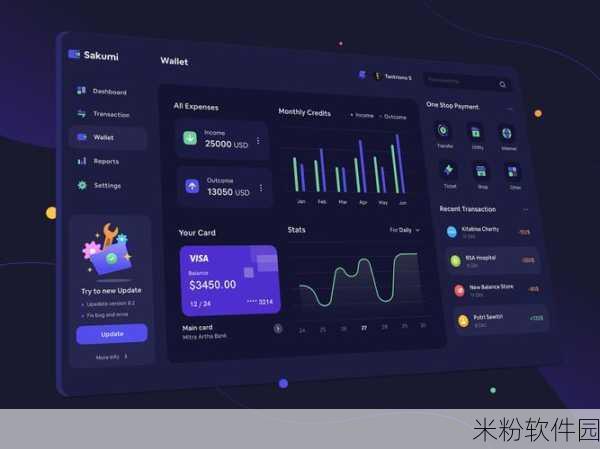
适应个性化需求
The flexibility of customizing block periods caters to diverse user preferences. Some may prefer strict limits during work hours while others might want these apps for relaxation or family time. Nighttime blocking software allows personalization based on individual schedules, ensuring relevance across different lifestyles. This adaptability significantly enhances user satisfaction by offering tailored solutions rather than one-size-fits-all approaches.
社交互动功能强化意识
A unique feature of some applications is social sharing capabilities where friends or groups can participate together in limiting usage times collectively. Such communal efforts foster support among peers—adding motivation through group challenges or shared experiences boosts engagement with these tools and encourages adherence.
| 参考文献: | 1."The Impact of Smartphone Use on Sleep Quality": 本文探讨了智能手机对睡眠质量及其相关因素的影响,为理解为何需要减少夜间使用提供理论支持。
2."Self-Control Strategies for Digital Consumption": 此研究揭示了如何通过策略实现数字消费自控,以及相应软件解决方案的发展背景。 4."Health Implications of Screen Time" : 分析了长时间接触屏幕带来的健康风险,这为开发针对性的防护措施奠定基础。 |
|---|


